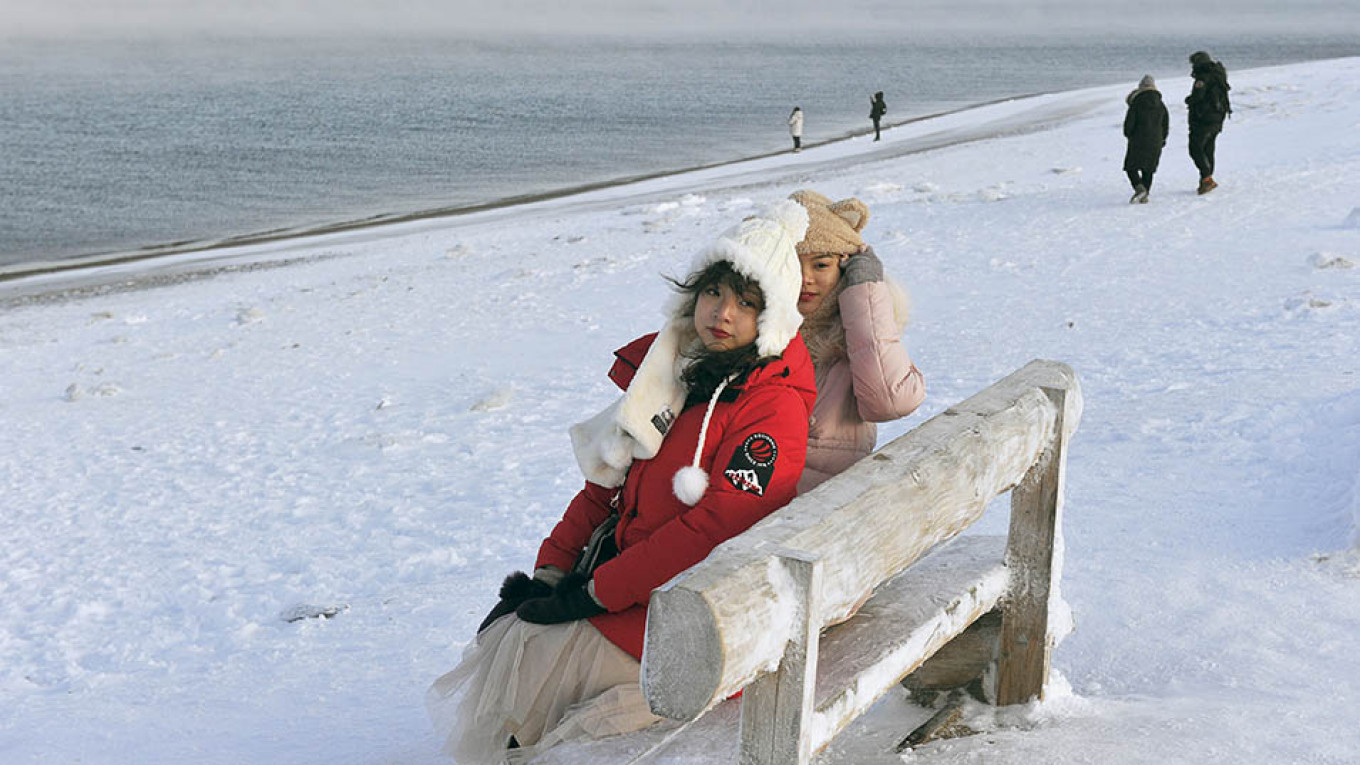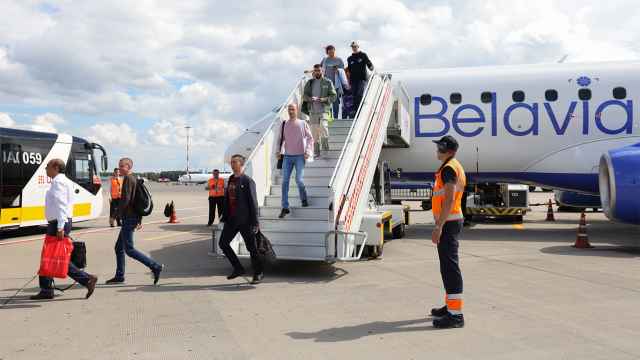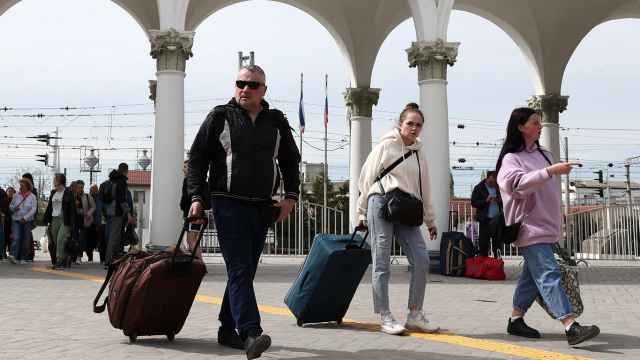Winter is high season for tourism around Lake Baikal in Siberia, but the coronavirus outbreak has curtailed its main source of income: Chinese holidaymakers.
They account for more than two-thirds of foreign tourists to the world's largest freshwater lake, a significant part of the around two million Chinese who visited Russia last year, spending more than any other nation in its first three months.
Russia has reported just two cases of the fast-spreading virus, but the flow of Chinese visitors to the lake has dwindled as Moscow and Beijing have imposed travel restrictions to stem its spread.
"The number of Chinese tourists has fallen dramatically... There's much less work now. Business is feeling it very badly," said Anastasia Nikolayeva, a hotel waitress in Listvyanka, a small lakeside town in the Irkutsk region.
Flanked by snow-capped hills and woodlands, Lake Baikal contains about one-fifth of the earth's unfrozen freshwater reserves. It freezes in winter, offering an array of winter sports from skating, skiing, fishing to hovercrafting.
That has helped turn it into a popular Chinese New Year destination. More than 49,000 Chinese visited Irkutsk alone in the first quarter of last year, up from 27,000 in the same period of 2017.
A similar rush was expected this month after package tours sold out, but the fallout from the coronavirus has left the resort's wood-paneled chalet hotels largely empty. Restaurants have only a fraction of normal business.
"It's New Year in China and we normally have good tours from China in February... This year – just cancellations," said Artyom Potashov, director of the Krestovaya hotel complex.
Boosting what he calls Russia's still untapped tourism potential is one of a series of targets mentioned in an economic stimulus package that President Vladimir Putin announced last year.
Around one in 15 of the 30 million foreign tourists who visited Russia in 2019 were Chinese, so their role in that hoped-for expansion is a big one.
But the coronavirus had nipped that in the bud, dealing a setback to the push to increase visitor flows and, for the time being, tour operators in Listvyanka can only guess how long the restrictions will stay in place.
"The date when Chinese tourists will be allowed to travel is not yet clear, so we expect the bookings to be canceled at least until March 1," Yekaterina Slivina, the head of Irkutsk's state tourism agency said.
A Message from The Moscow Times:
Dear readers,
We are facing unprecedented challenges. Russia's Prosecutor General's Office has designated The Moscow Times as an "undesirable" organization, criminalizing our work and putting our staff at risk of prosecution. This follows our earlier unjust labeling as a "foreign agent."
These actions are direct attempts to silence independent journalism in Russia. The authorities claim our work "discredits the decisions of the Russian leadership." We see things differently: we strive to provide accurate, unbiased reporting on Russia.
We, the journalists of The Moscow Times, refuse to be silenced. But to continue our work, we need your help.
Your support, no matter how small, makes a world of difference. If you can, please support us monthly starting from just $2. It's quick to set up, and every contribution makes a significant impact.
By supporting The Moscow Times, you're defending open, independent journalism in the face of repression. Thank you for standing with us.
Remind me later.







